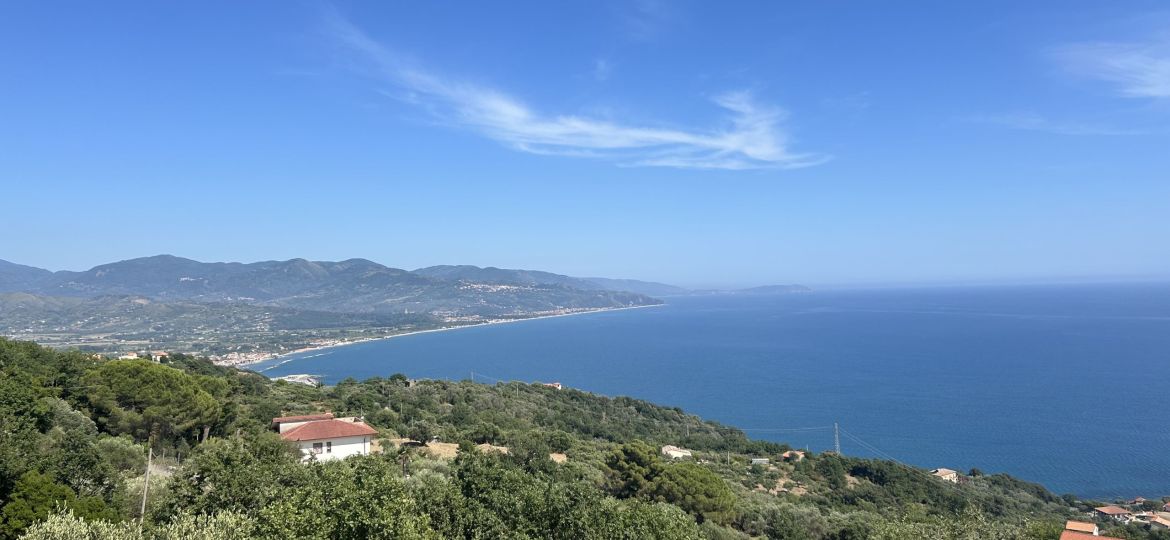
As you know, not all coaches are created equal. As an Executive Leadership Coach, my work is exclusively with leaders and senior executives in organizations and the customized focus of our work is typically in the domain of leadership and strategy. This is so very different from Life Coaching that it may as well be an entirely different field. However, whatever type of coach you are seeking to hire, it is important that you do your due diligence and make sure they are properly trained, certified, and credentialed. In other words, you want a professional coach, not an influencer or marketer (or huckster or shyster) masquerading as a coach for their own gain. Rather than give you the red flags to watch out for, below are the top five green flags that let you know you’ve got a winner.
Here’s how you can tell if a coach is a professional coach. Your coach will have all five of these green flags.
- Coach Specific Training Certification: Your coach should have completed hundreds of hours of coach-specific training from an accredited coach training program. As one of the top 4% coaches in the world, my original coach training was a year long, over 200 hours of coaching education, and I earned my coaching certificate in April 1994.
- Professional Supervision: Your coach should always have a coach, a mentor, or a supervisor. In many of the top training programs, supervision is baked in, and in the credentialing requirements, mentoring is included, but it’s also a point of integrity in my book. In order to be the best at what I do, I have a mentor coach, a mastermind group that serves as my personal board of directors, two peer coaches, and my own coach.
- Continuing Education: Your coach should always be learning and ideally will have hundreds of hours of continuing education to stay abreast of the latest technologies, methodologies, and trends in the field and profession of coaching. I’ve taken over 400 continuing education credits just in the course of continuing to renew my credential over the years.
- International Ethical Standards: The International Coach Federation (ICF) has established the ethical standards and code of conduct for our profession and professional coaches who have earned an ICF credential have demonstrated that they uphold and adhere to those ethical standards. I include a link to these standards in my agreement so my clients can see it.
- International Credential: The ICF has three credentials coaches can earn – the ACC is for associate level coaches, the PCC for professional level coaches, and the MCC for mastery level coaches. As an MCC, I proved over 200 hours of coaching education, over 2500 hours of coaching experience, over 10 hours of mentor coaching, and my application was rigorously vetted by the credentialing committee. I was granted an MCC in the first group of our profession, back in 1998 – I was the 35th one. As of the end of 2023, there were only 2,204 MCC credential-holders in the world.
We all know folks who got laid off or are between gigs or who retired and then decided they’d “just be a coach”. We also know folks who figured they’d get rich quick by hanging out their shingle. Buyer beware. Coaches who are not professional coaches can cause extensive and often toxic damage to you, your team, your organization, and your community. Just because anybody can say they are a coach, doesn’t mean everybody should!
As an extra word of caution, please check out this video my colleagues Ann Betz and Ursula Pottinga made on the subject:

